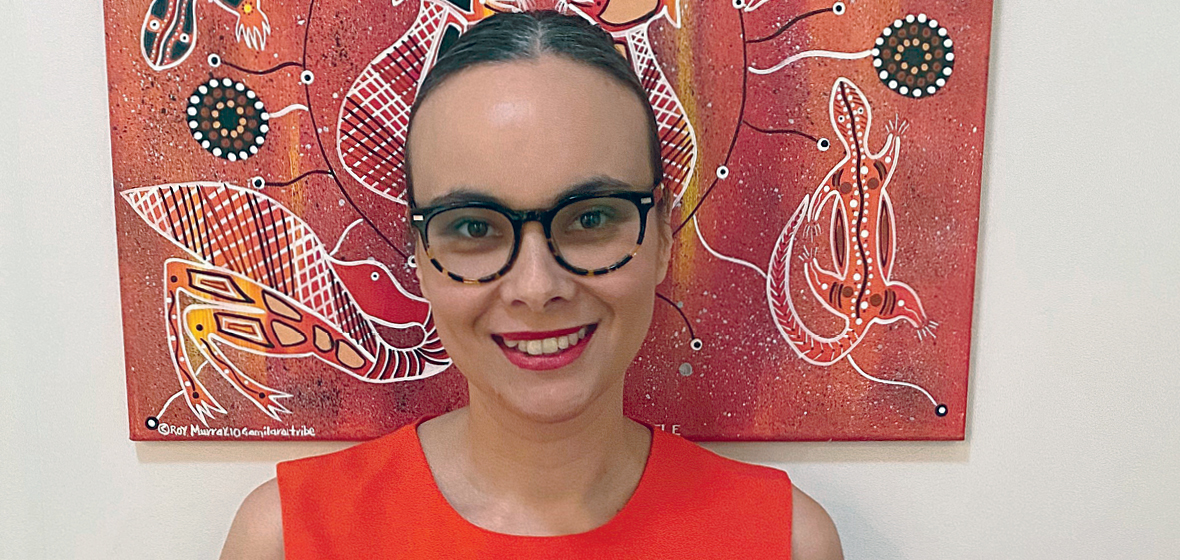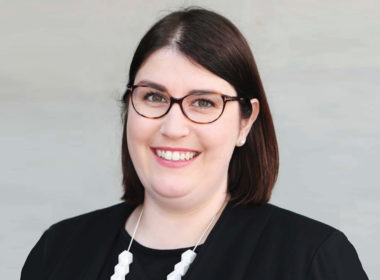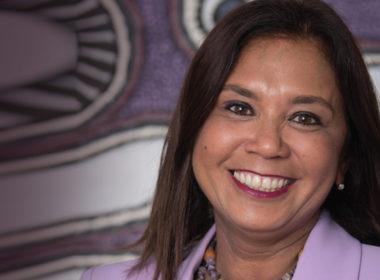Emma Langton is a proud Yaegl woman, Senior Legal Officer in the Aboriginal Services Branch of Legal Aid NSW, and winner of the 2020 Michelle Crowther PSM Excellence in Government Legal Service Award. Langton tells us about a case that fuelled her passion for helping vulnerable clients.
When I was a junior lawyer, I represented a young man who was around 19 years old and had an intellectual disability. He was charged with a number of offences including common assault, custody of a knife and some fire offences. The first time I met him, he appeared quite dishevelled and presented a lot younger than he was because of his intellectual disability. He also had behavioural issues and was sleeping rough. When I picked up the matter, it was in the local court and a section 32 application to divert the matter under the Mental Health Act 2007 (NSW) had already been made and refused.
It became apparent that my client had great difficulty providing instructions and indeed understanding the whole court process. It was quite challenging because I wanted to help him, but I was unable to obtain proper instructions to be able to appropriately address the matter. I ended up getting another more detailed expert report and I made another section 32 application that was also refused.
It was really challenging because the client didn’t fully comprehend the issues we were discussing about his case. After the section 32 was refused, the magistrate wanted me to enter a plea of guilty or not guilty on behalf of my client and I had to say I could not obtain instructions and that I had some concerns about his fitness. It was only after I indicated that I would seek leave to withdraw if his honour pressed a plea that the magistrate agreed to adjourn the matter and, ultimately, it was set down for a hearing and an application for a permanent stay.
It is rare that a fitness matter or a stay application at common law is heard in the local court. I was very junior at the time, so I ended up instructing a public defender in the stay application. We obtained another report from a neuropsychologist which found the client was indeed unfit to plea due to his intellectual disabilities. It also confirmed he didn’t sufficiently understand the court proceedings or meet the standards necessary to participate in a trial. We ended up seeking that the matter be stayed on the basis of the fitness report.
The prosecution opposed the application, however ultimately the magistrate found the client was not fit to plead and therefore stayed the proceedings. It was the best and most appropriate outcome for my client.
The case made me appreciate the importance of advocating for vulnerable clients and helping them have a voice in the legal system. It can be such a daunting experience even without having any intellectual disabilities, issues or vulnerabilities. The case also reiterated that it is important to trust your gut. Even though I was quite a junior lawyer, I could tell that something wasn’t right.
As my career has progressed, my drive to assist vulnerable clients has only become stronger. I think vulnerability comes in many forms and wanting to assist vulnerable clients has led me to my current role in the Aboriginal Services Branch. I am a Yaegl women and have always had a passion for advocating for Aboriginal people. My current role provides me with the opportunity to do that from a more proactive lens, rather than doing it through casework.




